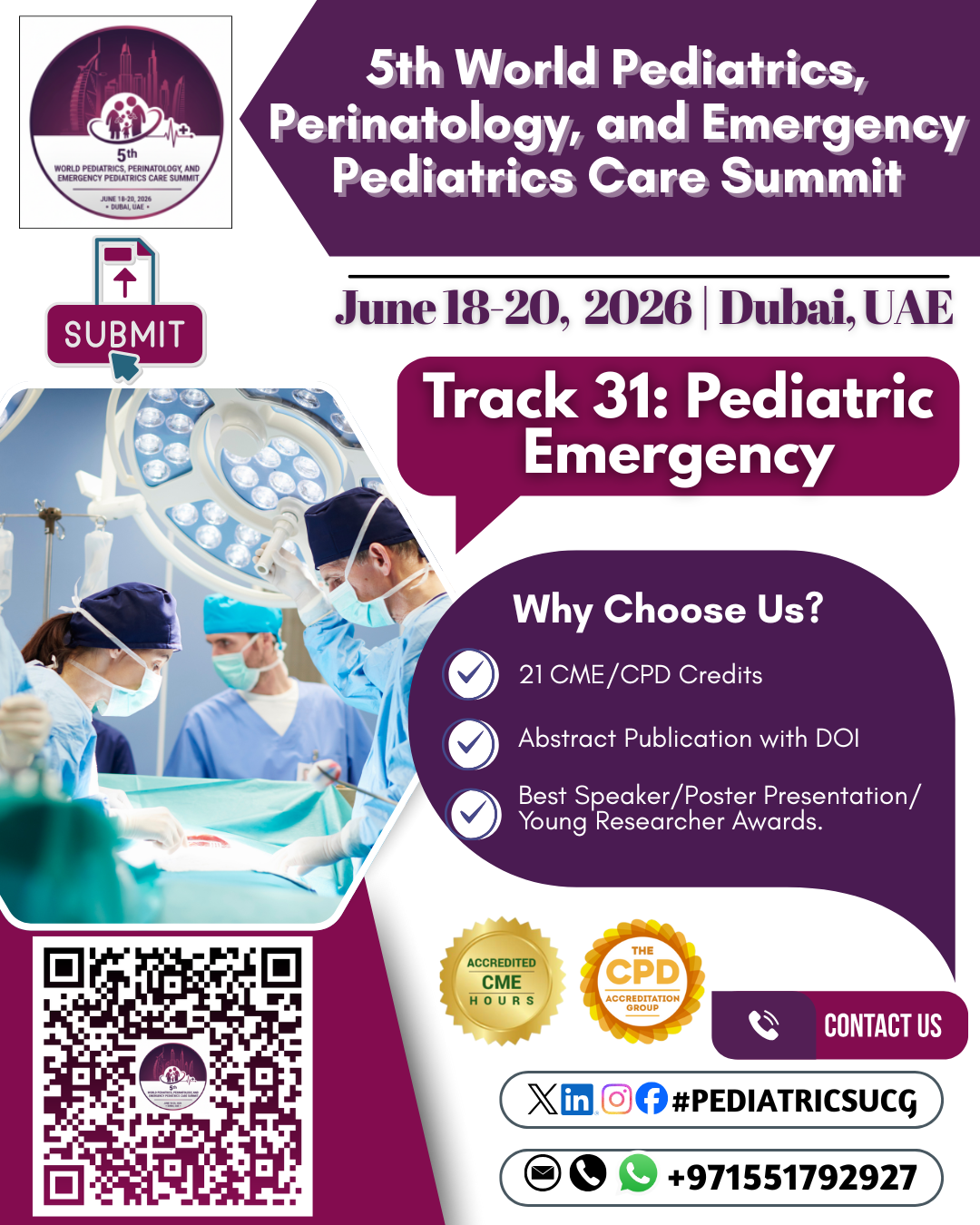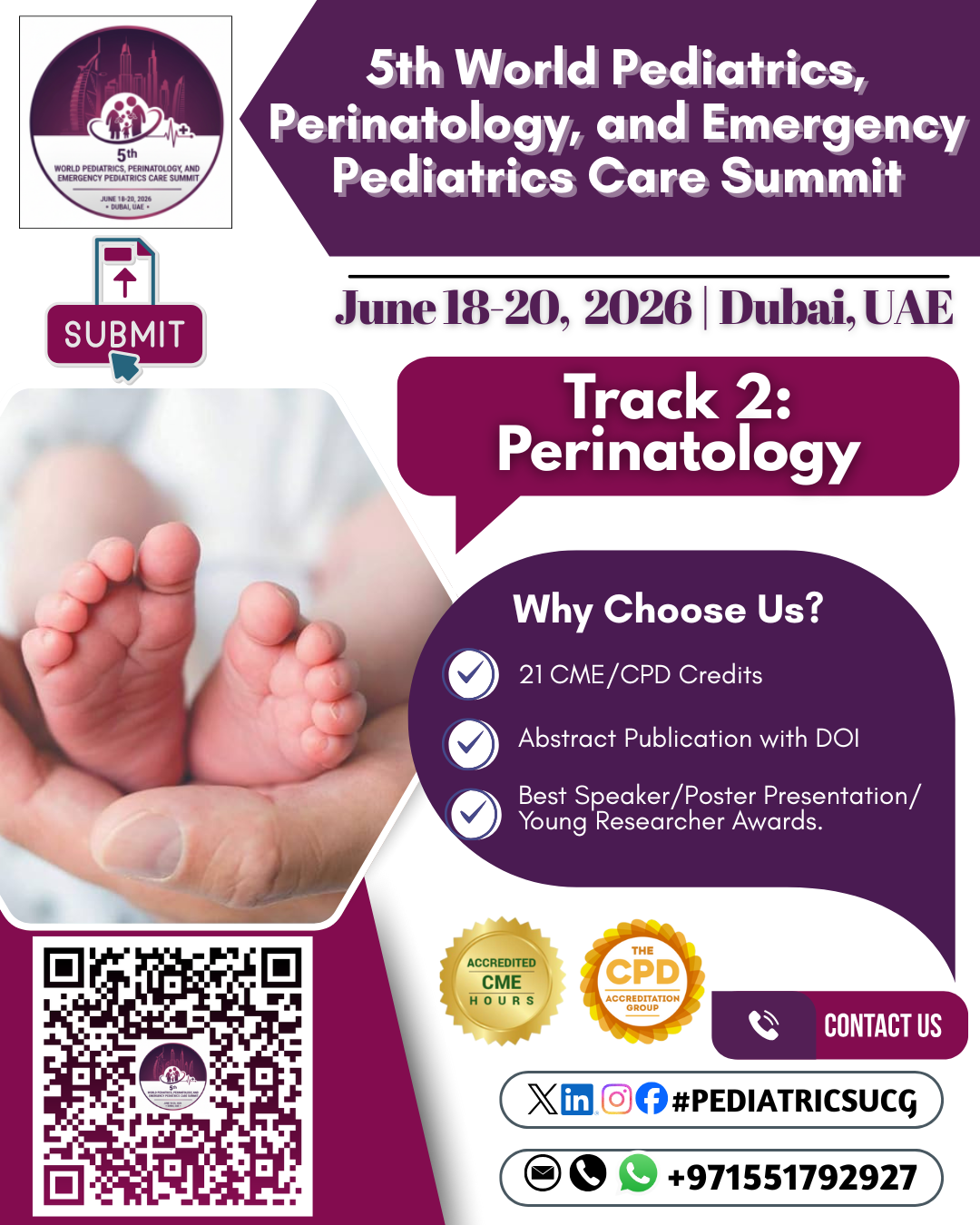



Subtopics: Neonatology, Pediatric Cardiology, Pediatric Neurology, Pediatric Endocrinology, Pediatric Gastroenterology, Pediatric Pulmonology, Pediatric...

Subtopics: Maternal-Fetal Medicine, High-Risk Pregnancy Management, Neonatal Care, Obstetric Ultrasound, Prenatal Screening &...

Subtopics: Pediatric Trauma Management, Pediatric Resuscitation, Emergency Airway Management, Pediatric Critical Care, Shock and Sepsis Management, Pediatric Emergency Medicine Protocols, Acute Respiratory Emergencies, Pediatric Toxicology, Emergency Neurology, Pediatric Burns and Injuries, Disaster Preparedness, Pediatric Emergency Surgery, Point-of-Care Ultrasound, Emergency Cardiology, Pediatric Pain Management, Triage Systems, Simulation-Based Emergency Training, Emergency Department Innovations, Pediatric Disaster Medicine, Prehospital and Transport Care
What is the Pediatric Emergency Profession?
The field of Pediatric Emergency Medicine is dedicated to the immediate assessment, stabilization, and treatment of infants, children, and adolescents experiencing life-threatening or urgent health conditions. Professionals in this discipline—including pediatric emergency physicians, trauma specialists, critical care nurses, paramedics, and emergency department clinicians—work collaboratively to provide rapid, evidence-based care during medical crises. Their expertise ensures timely interventions, effective resuscitation, and optimal outcomes for pediatric patients in emergency settings.
Why is Attendance at Conferences Important for Pediatric Emergency Professionals?
Attending conferences is vital for professionals in pediatric emergency medicine to remain updated on cutting-edge research, evolving clinical practices, and new technologies in emergency care. These gatherings foster collaboration among multidisciplinary teams, offering opportunities to share case studies, explore innovative treatment protocols, and discuss global trends in pediatric trauma and critical care. Participants benefit from interactive workshops, simulation training, and networking with experts dedicated to improving emergency response systems for children. Engaging in such events not only enhances clinical competence but also strengthens the global mission to provide safe, efficient, and compassionate care for young patients in emergency situations.